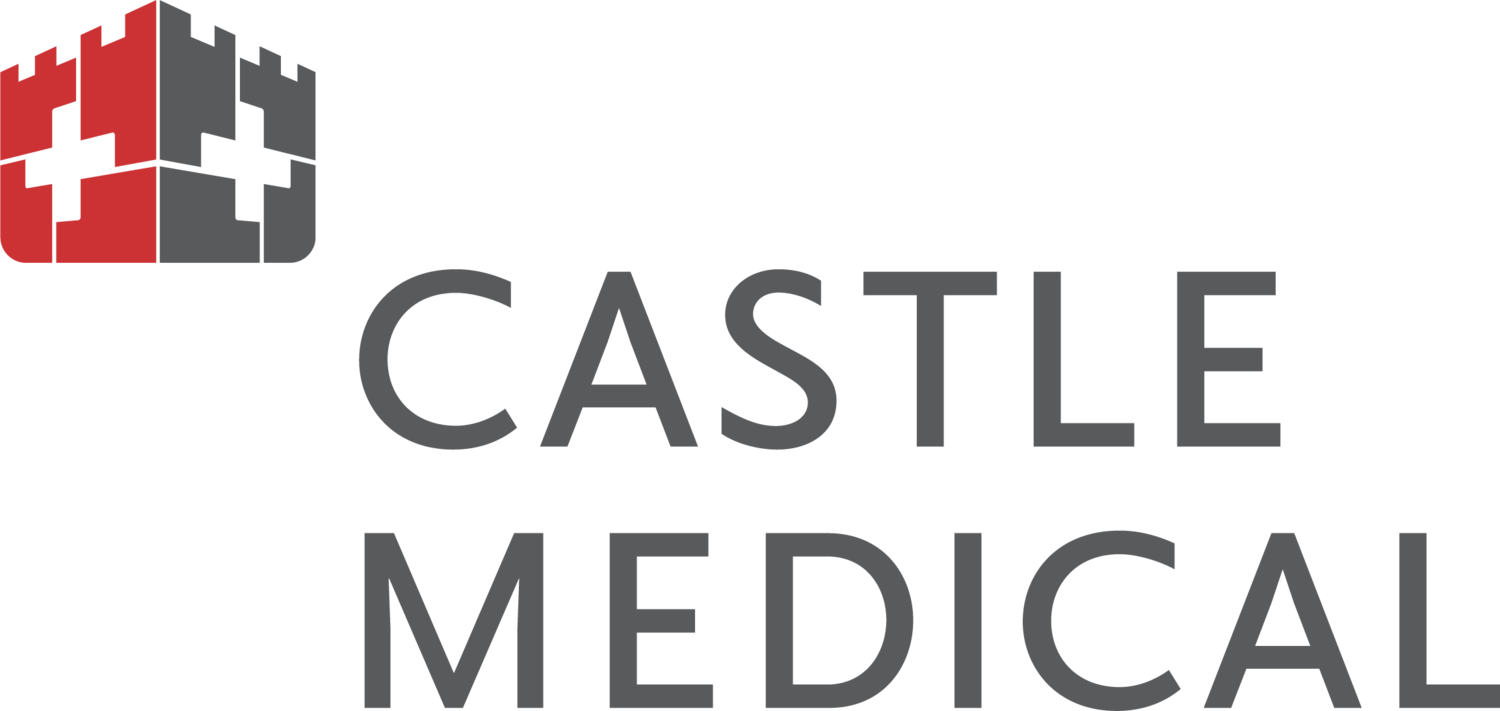Rewards programs in medical centres can and do present ethical concerns
Firstly, do you know what you are signing up for?
News media has recently explored a story about a chain of medical centres in NSW, QLD, and VIC that has recently changed their policy. The medical centres will only bulk-bill if patients sign up for their app and rewards program; otherwise, there will be a $90 out-of-pocket fee.
Let’s start from the very beginning…
What is a rewards program?
The purpose of a rewards program is to incentivise and foster customer loyalty and engagement with a business or brand. A loyalty program encourages customers to return, spend more, and interact further with the brand.
This results in higher customer retention, word-of-mouth promotion, and the gathering of valuable data. Additionally, such programs establish an emotional bond, offer a competitive advantage, and enable customised marketing strategies, ultimately boosting customer satisfaction and brand success.
Why do rewards programs in the healthcare industry present ethical concerns?
As a business, we clearly understand the benefits of a rewards program from both a business perspective and a customer standpoint. However, due to the nature of the business that we are in, it raises ethical questions.
Here are some of the reasons why:
Quality of care: Your healthcare providers might be encouraged to prioritise profit over patient well-being.
Patient Autonomy: The rewards program could impel you to make medical decisions based on incentives rather than your own health needs and preferences.
Professional integrity: Healthcare providers are bound by ethical codes to give precedence to patient health and well-being. As such, a rewards program could result in a conflict of interest where the monetary rewards conflict with medical assessment.
Equity and access: Rewards programs could potentially discriminate in favour of specific patients. This could potentially worsen any inequalities in healthcare. Those who lack the means to afford certain medical interventions and hesitate to join the program due to data privacy concerns might miss out on certain healthcare benefits.
Doctor-patient relationship: Incorporating rewards programs could change the dynamic between doctors and patients. The introduction of financial incentives can tarnish trust and create opportunities for potential misuse.
Confidentiality and Privacy: Patient data collection raises privacy concerns. The information could be shared or exploited for marketing purposes without proper consent or security parameters.
Diversion from fundamental principles: Healthcare is fundamentally about patient health, and the introduction of incentives might divert attention from this core value, resulting in compromised patient care.
Will Castle Medical be implementing a rewards program?
Here’s the good news. You will not need to sign up for a rewards program to receive the health care you deserve.
We are committed to upholding ethical values in all aspects of our operations.
At Castle Medical, we offer:
Patient-centered care: We prioritise patients’ individual needs and well-being, including their preferences, values, and concerns in all medical decisions and treatment plans. We ensure that you receive personalised, considerate, and effective medical treatments.
Transparency: We provide clear and honest information about medical conditions, treatment options, costs, and potential risks so that you can make informed decisions about your health.
Informed consent: We ensure that you understand and agree to all aspects of your care, including risks and benefits before proceeding with any treatment or procedure.
Confidentiality and privacy: We protect patient information and maintain strict confidentiality to secure your privacy and trust.
Evidence-based practice: We utilise Clinimetrix – a practice intelligence software that helps GPs provide tailored medical solutions aimed at improving your quality of life and accelerating your recovery.
Prevent Conflicts of Interest: We aim to give precedence to the health of our patients above any financial benefit or personal interests and make clinical decisions based entirely on medical requirements.
Fairness and Absence of Bias: We treat all patients with respect, regardless of their origin, race, gender, or other personal attributes and beliefs.
Professionalism: We maintain professional levels of behaviour, honesty, and ethical conduct in every interaction involving patients, staff, and colleagues.
Open communication: We encourage honest and open conversations between you and your healthcare provider, cultivating trust and co-operation throughout the decision-making process.
Accountability and responsibility: Our medical centres take responsibility for medical decisions, outcomes, and mistakes, and addresses any concerns or errors in a transparent and responsible manner.
At Castle Medical, our commitment to fairness, responsibility, and ongoing enhancement is paramount. Our goal is to establish our medical centres as a trusted healthcare provider that prioritises ethical principles in every facet of our work.
If you have any concerns, please speak to your local practice manager today. You can reach us at ask-mp@castlemedical.com.au.
